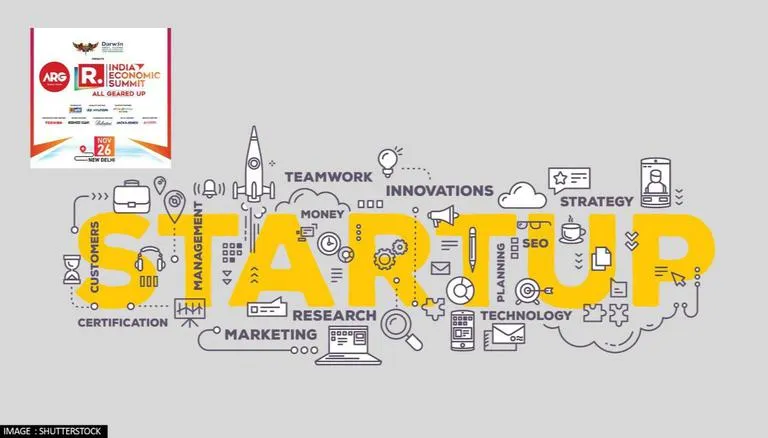With varying degrees of success, start-up ecosystems are sprouting up all across the country and the world. Let us concentrate on the combination of factors required to sustain a healthy start-up environment over time. These are not hard and fast laws, but rather good guiding concepts that can be found throughout the world’s best and successful start-up hotspots.
FEATURES OF GOOD STARTUP ECOSYSTEM
It is always the case that excellent ideas lead to great enterprises. Great ideas must be available to start-up ecosystems. Going ahead and into the future, we would need to carefully consider mega “platforms” above “features,” and plenty of “knowledge” over merely fascinating “widgets.” The success rate is quite low. As a result, focusing on truly huge concepts would be beneficial.
Access to talent and, over time, the development of a strong bench strength of aspiring entrepreneurs. Furthermore, entrepreneurs who have learned from previous failures will ultimately determine the success of their company, and hence the success of the ecosystem.

The finest ideas and the best skills are meaningless unless they are backed by finance to realize a goal. It is vital that cash be accessible to support each step of development, from seed through growth stages of enterprises. Having seed stage but no Series A or Series B stage is a formula for a possible “flame-out” of that start-up when they reach the limit of their growth at that stage.
Customer access:
This is possibly the most crucial aspect. Revenue is driven by customers. Investors are impressed with revenue. Growth is financed by investors. Growth results in large departures. Large exits result in a thriving environment. This frequently necessitates close collaboration between early-stage concepts and later-stage organizations to procure such services. Those that are enthusiastic about assisting the local startup community, in particular.
KEY STAKEHOLDER OF A ROBUST ECOSYSTEM
Entrepreneurs- To create a healthy ecosystem, experienced teams running new enterprises are required. With an excellent combination of required skill sets, including planning, strategizing, technology use, and a basic grasp of finance.

Mentors – First-time entrepreneurs want the ability to ask questions of experienced leaders to go up the learning curve without repeating their predecessors’ mistakes. A strong pool of mentors who are prepared to give back in some way to leave a lasting legacy.
It requires a handful of cheerleaders at the top who will “plant the flag” and rally everyone around the community’s aims. Someone who can put their money where their mouth is and rely on their extensive network of critical contacts in our region is preferred. In general, it is more difficult to establish a strong community in a smaller town.
To be successful, there just isn’t enough activity, diversity of sectors, or depth of experience in any one field. It’s better to live in a city large enough to support an ecosystem or plan on doing a lot of travelling between several smaller communities that have been merged into one.
The finest startup environments are mutually beneficial. Consider the partnership between start-ups in New York and Boston. Or, to put it another way, between Bengaluru and Silicon Valley. Ecosystems do not take years to develop; they take decades. That’s why Silicon Valley’s startup ecosystem is so large; they’ve been working on it since the 1970s, and it’s now a finely tuned machine after 40 years of refinement.












